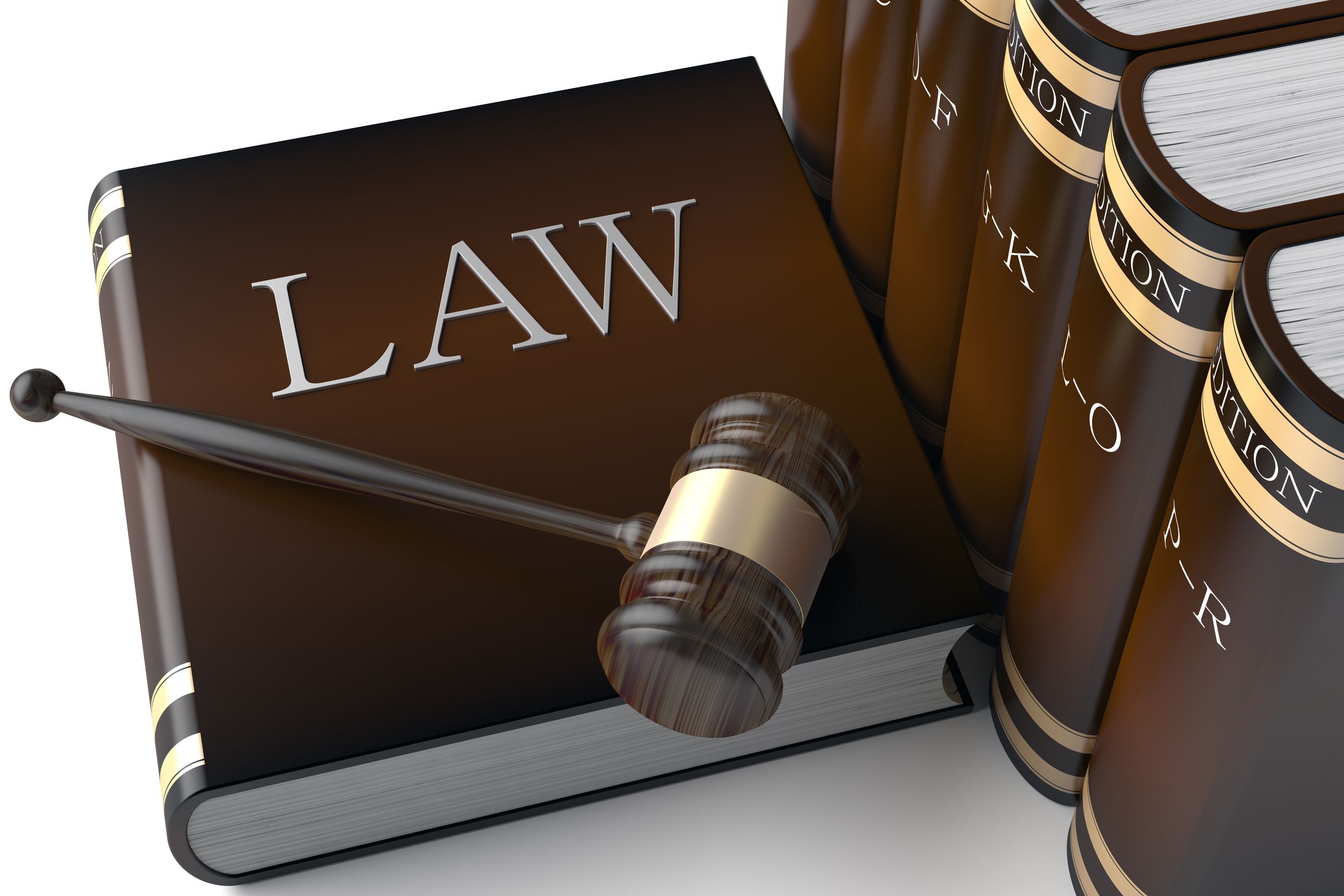Both physically and financially, workplace injuries can seriously affect an employee’s life. The Minnesota work injury compensation system aims to provide financial assistance and medical benefits to workers who suffer injuries or illnesses due to their employment. Workers who want to guarantee they get the benefits they are due must first understand the subtleties of this system.
Eligibility Criteria and Benefits
To be eligible for work injury compensation in Minnesota, an employee must show that their illness or injury developed during their employment. This includes mishaps on the construction site as well as gradual injuries caused by repeated work activity. Upon proving eligibility, the wounded worker is eligible for medical treatment, pay replacement and rehabilitative programs. From emergency care to continuous medical treatments, medical benefits cover all required treatments linked to the accident. Temporary total disability (TTD), sometimes known as wage replacement benefits, gives workers unable to return to work financial help.
The Process of Claims
In Minnesota, filing a work injury compensation claim necessitates closely following various processes to ensure a favourable outcome. The employee initiates the procedure by reporting the accident to their employer. Minnesota law requires the company to receive notification 14 days after an injury. Not reporting within this period could compromise the employee’s benefit eligibility.
After recording an injury, the employer is responsible for submitting a First Report of Injury (FROI) to the Minnesota Department of Labor and Industry. Next, the employer’s insurance company will examine the claim and decide whether to reject or accept it. If the insurance company approves the claim, the worker will start receiving payments. If the state’s workers’ compensation court denies the claim, the employee has the right to appeal the decision.
Common Problems and Legal Support
While Minnesota’s work injury compensation system aims to protect workers, navigating it can be challenging and fraught with challenges. Employers and their insurance providers could dispute the extent of the damage or argue that it has nothing to do with the workplace. Under these circumstances, having legal representation may be quite helpful.
If injured employees seek appropriate court representation, a competent workers’ compensation attorney can assist them in obtaining the necessary documentation to support their claim, negotiate with insurance companies, and represent them. Legal assistance ensures the protection of the injured worker’s rights and ensures they receive all the benefits for which they are eligible.
The Critical Role of Minnesota’s Work Injury Compensation System
Supporting workers who have work-related injuries or diseases depends critically on Minnesota’s work injury compensation system. Understanding the eligibility requirements, perks, and claim process helps employees negotiate the system and guarantee the pay required for recovery. In situations where conflicts develop, seeking legal help can greatly affect the outcome of a claim. Work injury compensation in Minnesota ultimately aims to provide injured workers with financial security and medical treatment, allowing them to heal and return to their livelihoods with confidence.



